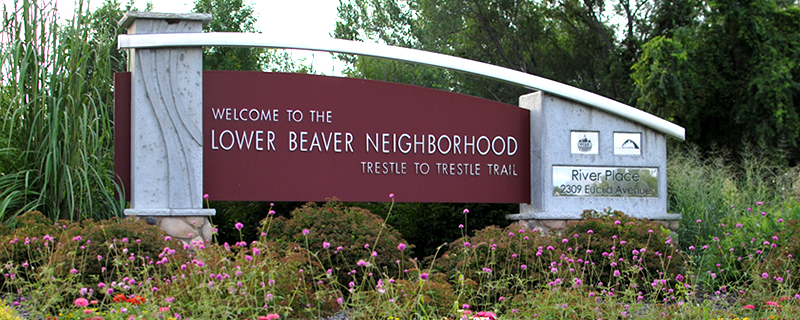Feb 19: LBNA to hold annual meeting, elect officers, and update bylaws
The Lower Beaver Neighborhood Association will hold its annual meeting Monday, February 19, at Polk County River Place. The meeting will begin at 6:30 pm with a pot-luck dinner. Business will commence at 7:00 pm. The agenda for the evening will include several items of interest:
- Presentations by the city and Neighborhood Finance Corporation about the Block Challenge Grant and related programs
- Introduction of our area’s new Neighborhood Inspection Division inspector
- Updating the LBNA bylaws.
- Election of LBNA president, secretary, and at-large officers
The LBNA’s existing bylaws were originally drafted more than twenty years ago. Since then, they have received only minor updates to specific rules. Over the last two years, the city of Des Moines has encouraged neighborhood associations to conduct comprehensive reviews of their bylaws to more closely align them with nationwide best practices. To this end, the LBNA Board of Directors recently met and drafted updated bylaws. The DRAFT bylaws may be viewed here. (For comparison purposes, the original bylaws may be viewed here.)
Members who compare the draft document to the original will find that the document has undergone some reorganization. Much of this is editorial with little to no effect on the organization. The more substantive changes are listed below:
- Sections have been added to address conflict of interest among directors (Art VI, Sec 3), Nonliability (Art XII, Sec 1), and Indemnification (Art XII, Sec 2).
- Individual memberships become household memberships to align with current practice. The existing bylaws state in Article 4 that all individuals 18 years and older may be members, but for many years, the LBNA has been grouping households under a single membership. The new bylaws in Article III, Section 1, introduce new language to better align with current practice.
- New membership categories introduced. Article III, Sec 1 of the updated bylaws also introduces a new membership structure. Part of the reasoning behind this change is to better align the bylaws with the way the LBNA was already operating, and part of it is to provide an opportunity for businesses and community groups to be included in the association.
- Individual membership will be for individuals at least 18 years of age who live within the neighborhood. Individual members will be entitled to one vote each and be eligible to serve as an officer, director, committee chair, or committee member. The original bylaws specified all members will be individuals.
- Household membership will be for up to two primary householder who live within the neighborhood. Up to two members of the household who are at least 18 years of age may vote. Household members are also eligible to serve as officers, directors, committee chairs, or committee members. Contrary to the original bylaws, the LBNA was including all members of a household for a single membership fee. In effect, the association was offering only household membership rather than individual membership.
- Business membership is for businesses within the neighborhood. They are entitled to one vote but may not serve as officers, directors, committee chairs, or committee members.
- Community group membership is for non-profit organizations, schools, religious, or community groups which operate within the neighborhood. They are entitled to one vote but may not serve as officers, directors, committee chairs, or committee members.
- Allow remote participation in meetings. The original bylaws made no provision for remote meetings or for members to participate remotely in in-person business meetings. This became extremely problematic during COVID, when the association was not allowed to hold in-person meetings and could not conduct remote business meetings (i.e., where voting was required). Article V, Sec 4 of the updated bylaws establishes the option of conducting business remotely in the future.
- Remove threshold for conducting business at general meetings. The original bylaws required at least 15 voting members to be present at general meetings in order to conduct business. The updated bylaws allows business to be conducted by the members who are present at a duly called meeting, regardless of their number.
- Board of Directors members must live within the neighborhood. The original bylaws did not require board or directors members to live within the bounds of the neighborhood. The updated bylaws add this requirement (Art VI, Sec 1).
- Nominating Committee. To streamline the election process and protect the association, nominations for the Board of Directors must come from the nominating committee unless unanimously approved by those in attendance of the annual meeting.

